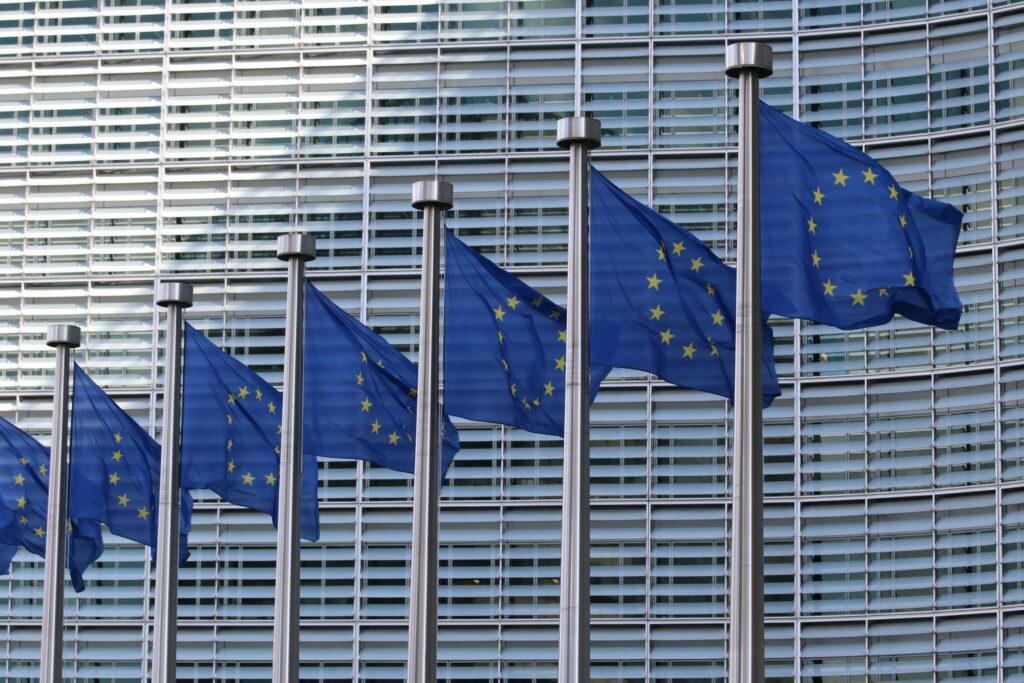The Digital Markets Act: Opportunities for the travel industry
The global travel industry is closely watching what the EU will implement in the Digital Markets Act, a new set of regulations applying to ‘big tech’ companies. The new Act has a remit to make businesses more responsible for the content on their platforms, and ensure fair competition against the largest global players.

It is expected to deliver changes that will open up markets to new entrants – including SMEs and start-ups – promote consumer choice, drive innovation, and tackle the economic power of the larger online platforms, also known as ‘gatekeepers’. Development of this new Act, the first in this area in 20 years, comes from a place of concern that European companies and industries are having trouble competing with large U.S. and Chinese online platforms. In particular, that traditional competition policy is not equipped to deal with issues related to contestability, fairness and innovation with respect to online platforms and digital markets.
Online behemoths such as Booking.com, Google and Airbnb hold a gatekeeper position because the decisions they take can mean success or bankruptcy for dozens of organisations that depend on the platform. For example, this includes how they rank different companies in search results, when they show their own services more visibly than their competitors. In the current pandemic scenario where both consumers and businesses need to rely on digital tools to be resilient, recover and continue to grow, it is argued that gatekeepers can threaten freedom and equal opportunities.
There are other challenges that having a few very dominant players brings, such as reduced tax income for sales in-market and a downward pressure on pay for employees. History tells us that legislation is rarely effective in stopping the powerful becoming more so, and EU governments will need to leverage trade negotiations and tax avoidance in order to truly take steps towards a leveller playing field against the tech giants.
The market power of the big guys causes further difficulties when it comes to online spend. The scale of the tech giants means that they can outbid smaller organisations in any pay-per-click environment, and they can spend more to always ensure their brands appear in the first few search engine results for any terms vaguely related to travel. The scale of their investment into new technology also means that they can make use of retailing and merchandising opportunities that are financially inaccessible to most, in order to yet further optimise their profits.
One area where other businesses are rightly concerned, is that tech giants are able to suppress competition in particular markets, lines of business or inventory type. This means that the tactics employed can reduce the impact of new market entrants, or new products from existing players, that might be better for the consumer.
To counteract dominant behaviours in such a blurred space as the digital marketplace, hospitality players need to invest in research to make sure they are able to identify which decisions provide the best return on investment. Due to the rapid pace of change in technology, it can be hard to know where to invest, when and how. Having access to a consultant partner that can provide tailored research and harness hard data can drive successful strategies and improve understanding of the true competitive landscape. Research can also bolster thought leadership and set out clarity around points of difference to determine the core areas to compete within.
It is also essential to know the policy and regulation landscape, and prepare well in advance for possible scenario changes in order to be adaptable and therefore more profitable and robust in the long term. Even if the Act is passed and becomes somewhat effective in stopping the powerful becoming more powerful, it is likely that loopholes and workarounds will be in place before too long. Preparing for every potential outcome is essential to construct defendable business models.
European Commission officials have been clear that their overarching regulatory goal is to limit the market power held by gatekeepers, and so it is important for organisations to be ready to take advantage of the possible changes this may bring. Except disruption, new platforms destabilising the status quo and aggressive price-led battles by the big tech companies to try and maintain market share. It is important to remember that any new digital Act will also bring new ways of working for most operating online, and planning is needed tomeet these requirements sooner rather than later.